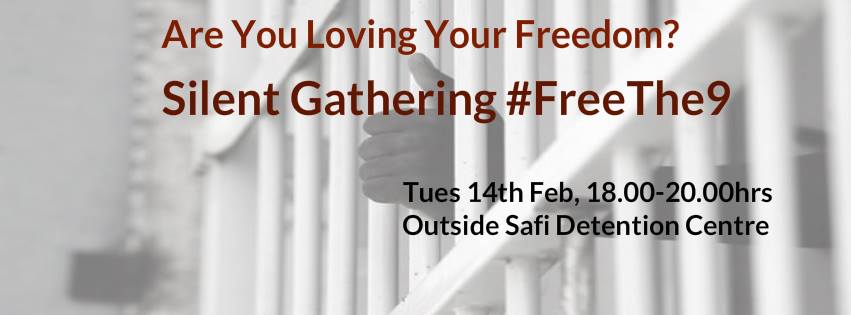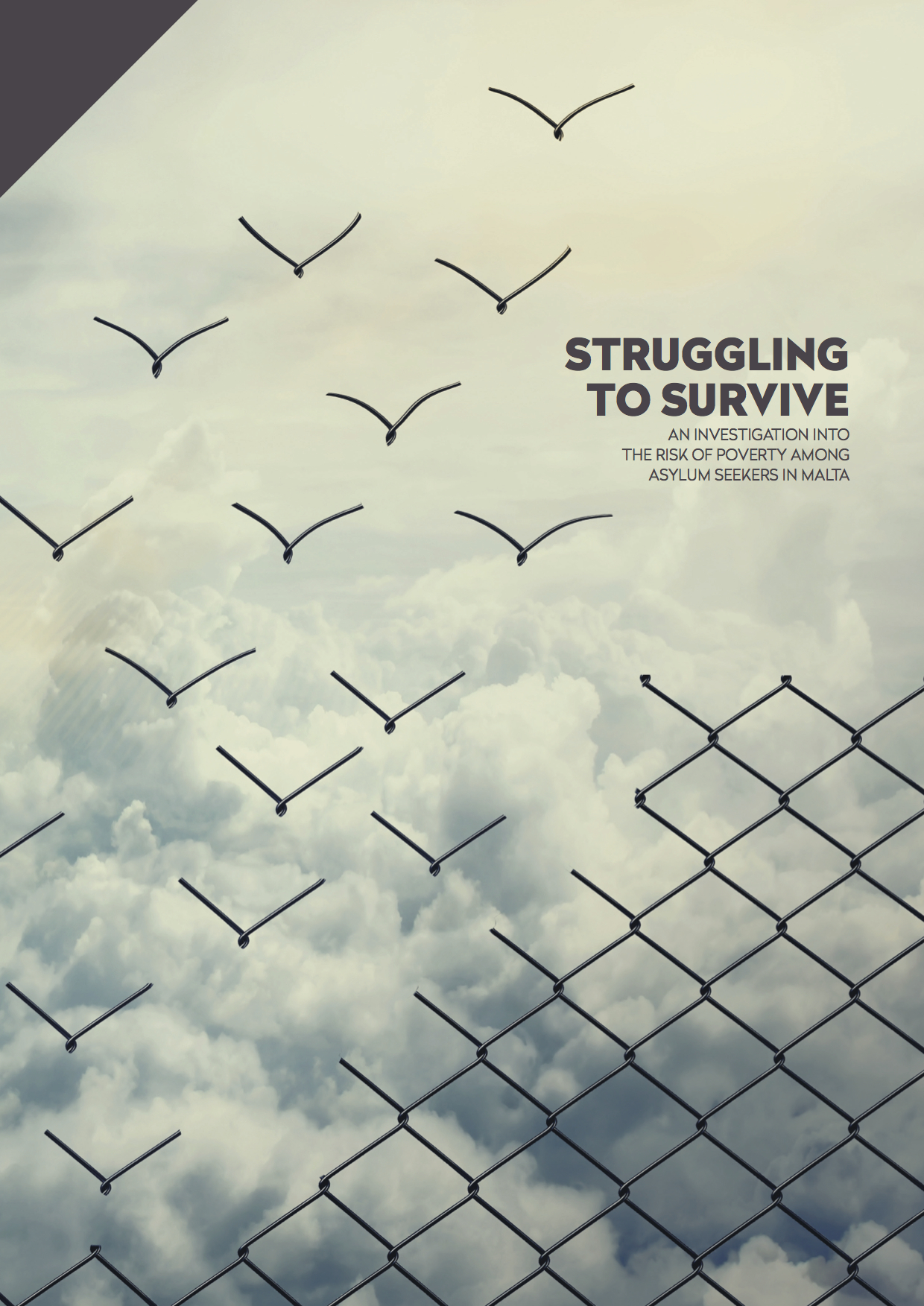
Hon. Prime Minister,
We the undersigned NGOs, all of whom are actively involved in the field of migration, are writing this open letter to express our grave concern about the situation of the nine Malian nationals who are currently in detention supposedly awaiting to be returned to Mali.
We firmly believe that their continued detention is unlawful, for all of the reasons outlined below, and we call upon the government to release them from detention immediately.
All nine have been in detention since November 14, 2016, after they were apprehended with a view to deportation when they went to the Immigration Office to extend their stay in Malta, as they were required to do.
According to information provided by government spokespersons, all nine were positively identified as Malian nationals, albeit only verbally, by the delegation from Mali that visited Malta on the 6th and 7th December to conduct interviews for the purpose of identification.
In spite of this, to date, over 2 months after their visit, the Malian authorities have not yet issued the documents required for repatriation to take place. It is therefore clearly impossible for the Maltese authorities to affect the removal of these individuals, at least in the near future.
EU and national law clearly state that a government’s power to detain migrants for the purposes of removal is not absolute. Detention should only be used as a measure of last resort, where it is strictly necessary and where it is not possible to use other less coercive measure to effect return, particularly because of a risk of absconding or lack of cooperation on the part of the individual concerned.
Further, the law clearly states that detention should be for the shortest time possible and, where removal cannot take place due to legal or other considerations, the individual concerned should be immediately released. These legal requirements are also clearly included in the right to liberty protect in Article 5 of the European Convention of Human Rights.
In our view these legal provisions raise serious questions about the lawfulness of the ongoing detention of these nine men, especially in the light of the conditions in which they are detained.
We also wish to underline that these nine individuals have always abided by the law: they were honest about their nationality from the day they were apprehended by the Immigration Police, they did not apply for asylum elsewhere, and they reported regularly to the immigration authorities as they were required to do in order to extend their stay. In the circumstances, we believe that it is indeed difficult to argue that it is not possible to use less coercive measures in order to affect their removal.
Ultimately, the above-mentioned legal provisions clearly require government to demonstrate that individual assessments have been undertaken in order to reach the conclusion that detention is, in fact and in law, both necessary and proportionate. It is not clear whether such individual assessments have been carried out in this present context, raising further questions as to its compliance with human rights, EU and national law.
Together with the legality or otherwise of this continued detention, we believe that it is an affront to human dignity to treat in this way law-abiding persons who have lived in our midst for several years and contributed to our society. They have done nothing to deserve to be treated like criminals, deprived of their liberty in difficult conditions and carted around in handcuffs, portraying them as posing a great danger to our society.
While we acknowledge that the State has the right to affect the removal of those who have no legal permission to stay, we strongly underline this must be done in a way that respects the fundamental dignity of each individual.
Achieving what is possibly a legitimate end in any other way undermines not only the humanity of the individuals directly impacted, but also our own.
We therefore reiterate our request for the immediate release of the nine Malians currently held in detention.
Letter sent by the following NGOs:
aditus foundation, African Media Association, The Critical Institute, Integra Foundation, International Association for Refugees, JRS Malta, KOPIN, Malta Emigrants’ Commission, Migrant Women Association Malta, Migrant Network for Equality, Moviment Graffitti, Organisation for Friendship in Diversity, People for Change Foundation, SOS Malta, Spark15.
Background Note
On 14 November 2016 and the days following, some 33 Malian migrants were apprehended by the immigration authorities as they went to the Central Immigration Office to extend their stay in Malta.
All were adult men who had arrived in Malta by boat from Libya between 2007 and 2015. All had been issued with a Removal Order within days of their arrival and had subsequently applied for asylum. All had their asylum applications rejected. All spent some time in detention following their arrival in Malta – the duration of their detention varies but most spent between 12 or 18 months in detention.
Following their release from detention all enjoyed tolerated stay – this means that, although they were still subject to a removal order and therefore still considered ‘prohibited’ immigrants in term of the Immigration Act, the immigration authorities granted them temporary permission to stay until removal could be effected in terms of law.
All of them worked, most of them regularly. Those who worked regularly paid tax and national insurance contributions.
On the 6 and 7 December 2016 a delegation from Mali visited the detainees for the purposes of identification, with a view to issuing the documentation required for repatriation. In the days that followed the visit it emerged that only 10 of the individuals in detention were positively identified as Malian nationals by the delegation, and this only verbally.
One of these 10 was released from detention on 23 December, following a decision of the Court of Magistrates (dated 22 December) declaring his detention unlawful.
The 15 migrants about whose identity doubts were expressed were also released from detention on 23 December.
There are currently 9 men left in detention, supposedly pending deportation. In the week before Christmas, they instituted legal proceedings before the Constitutional Court challenging, among other things, the lawfulness of their detention. Their lawyer also asked to court to release them from detention pending the outcome of the proceedings, however this was refused on 4 January 2017.
The case is currently on-going.

